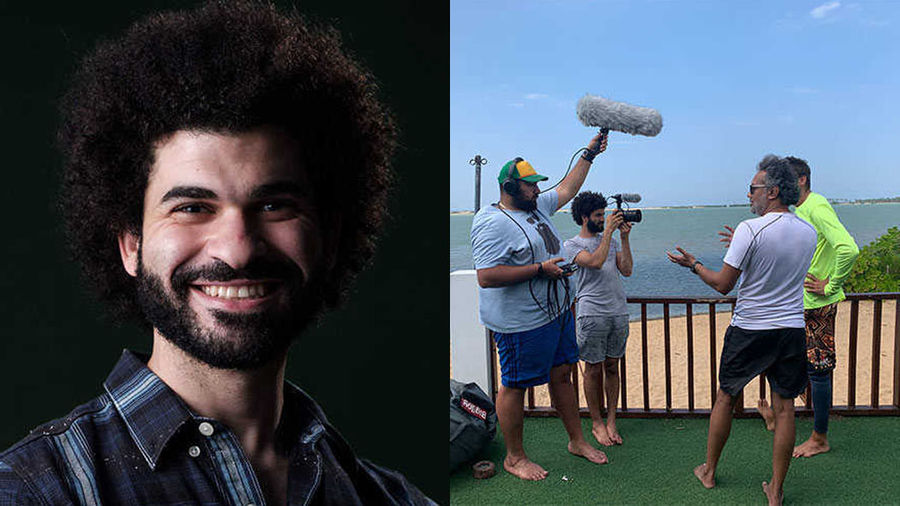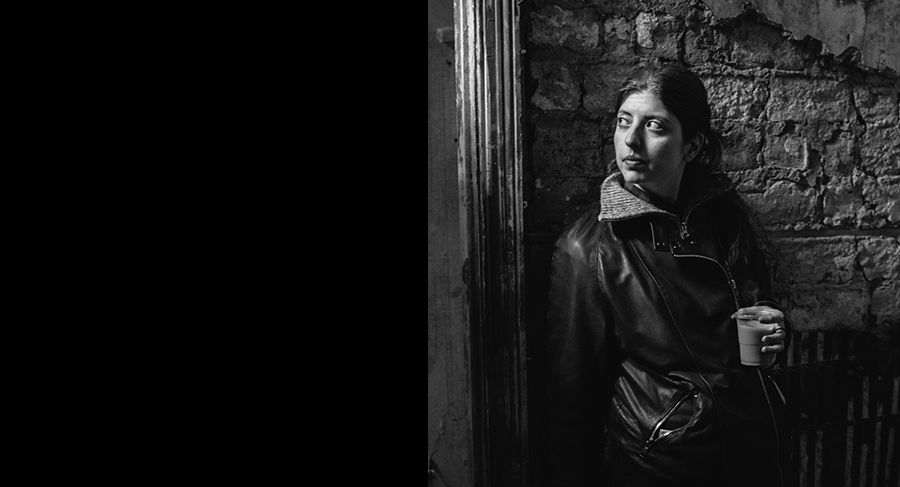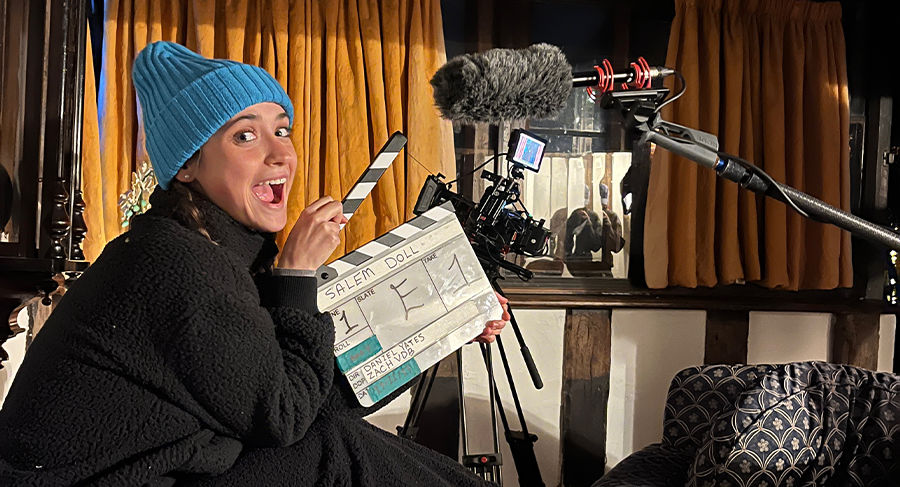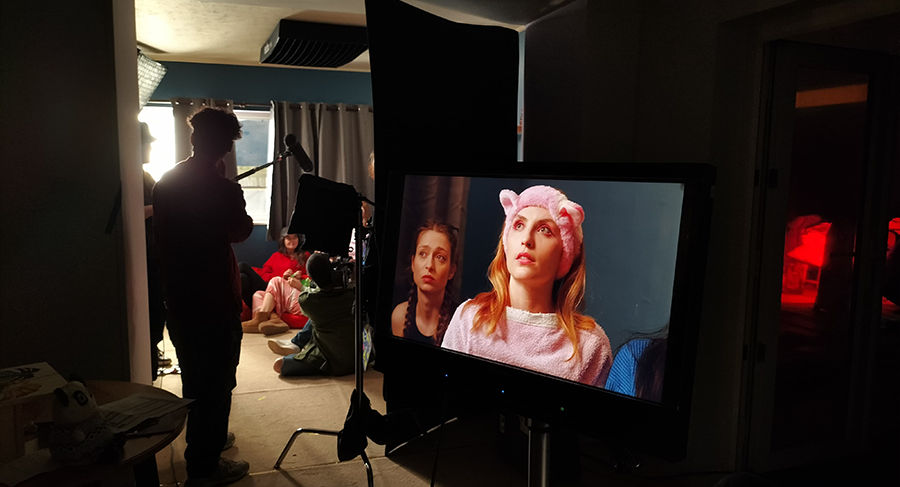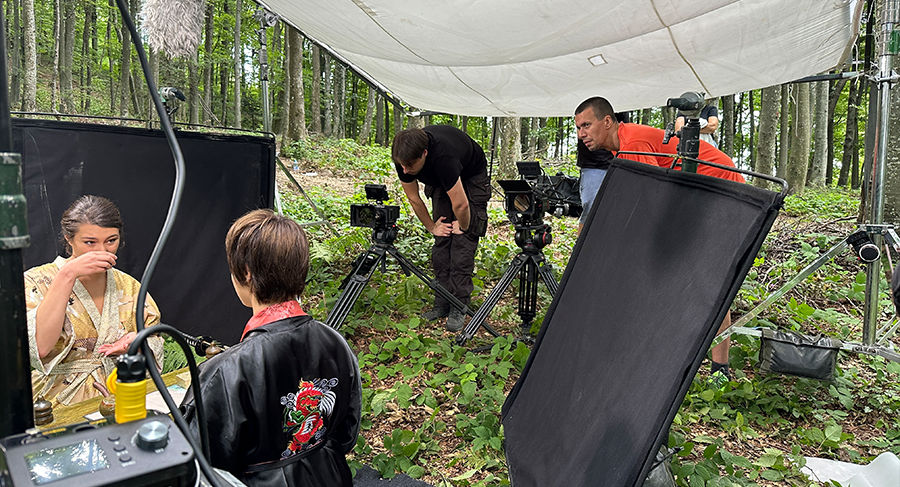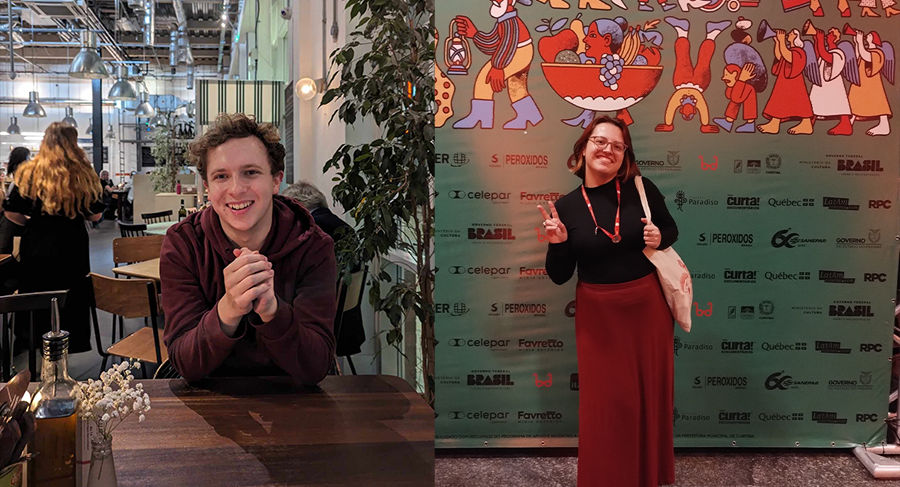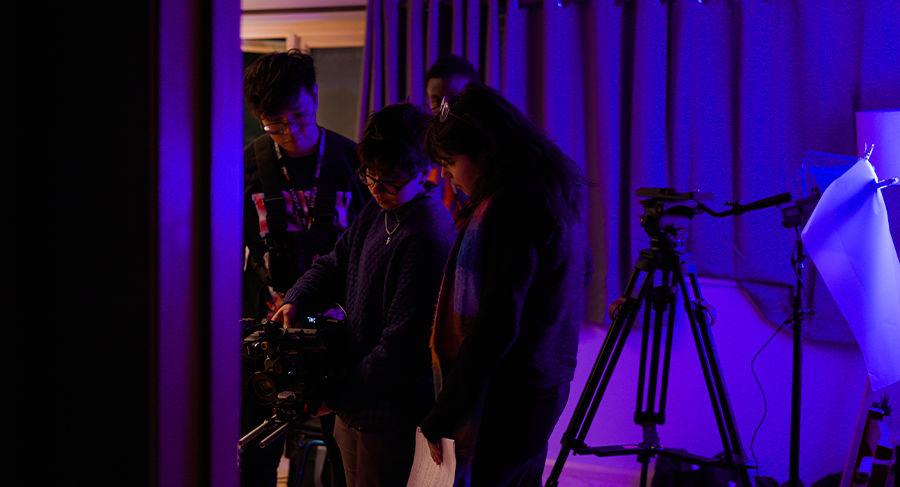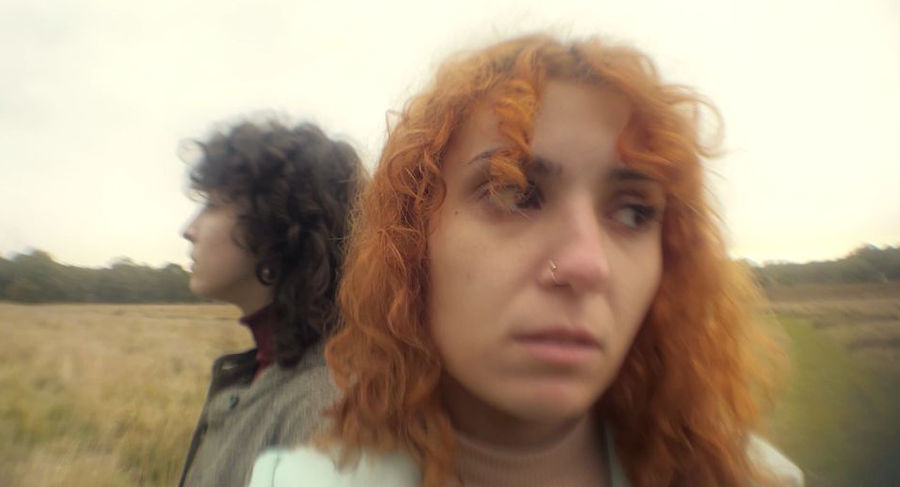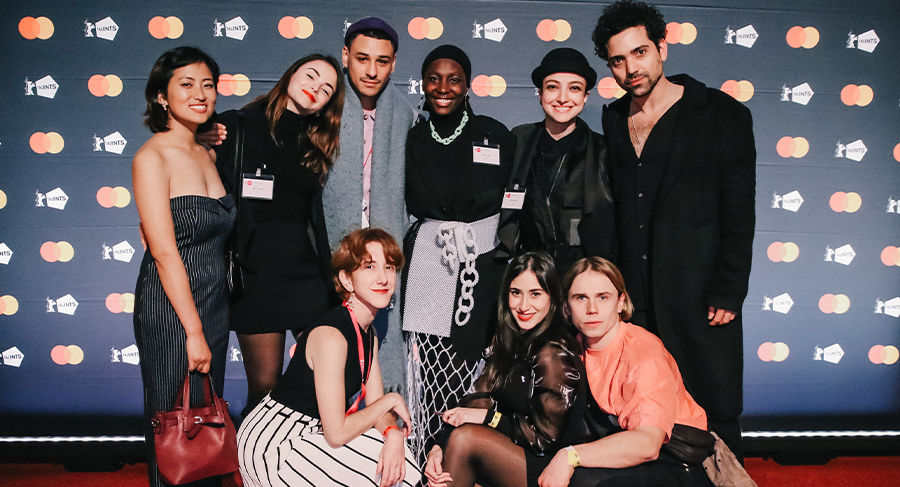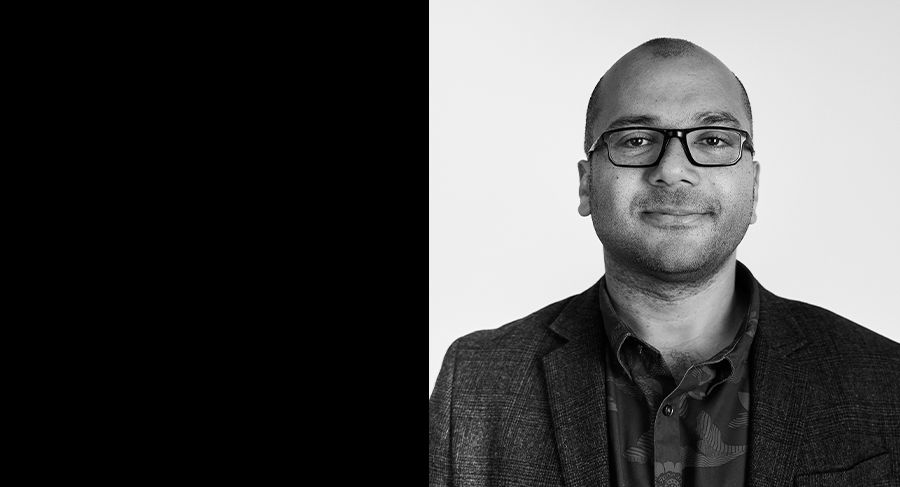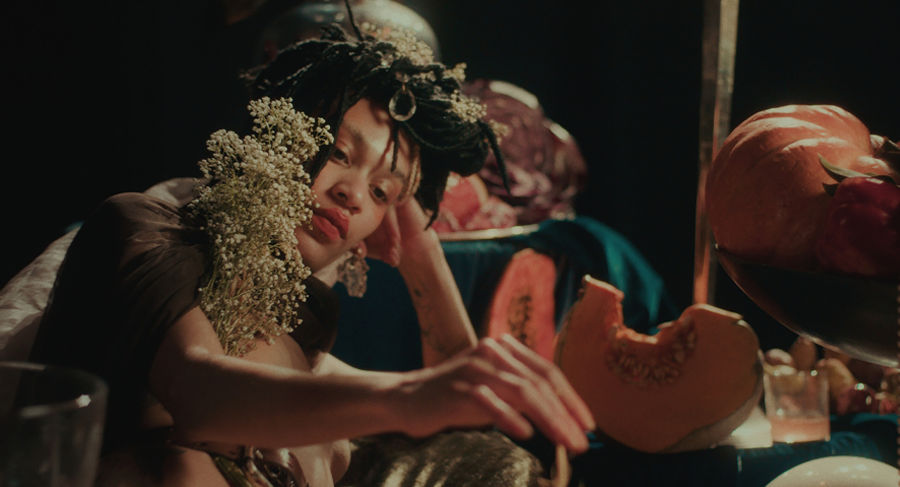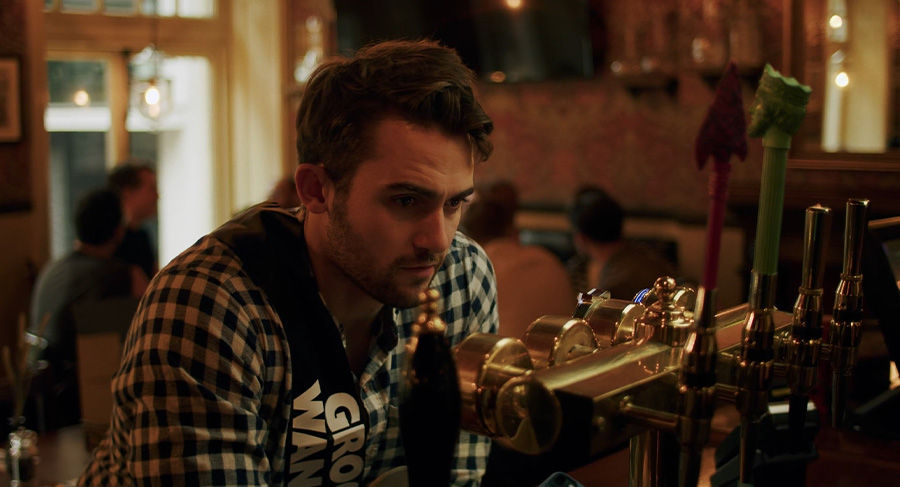Ibrahim Nash’at (MA Documentary & Factual) on going where the wind takes you
By Danny Kelly
29 May 2020
“I came to the school as a technician, I graduated as a filmmaker… “
Passionate about documentary? This week, we caught up with recent MA Documentary & Factual graduate and Smart Screen Creative Awards 2019 nominee in the Diversity category, Ibrahim Nash’at, on life before and after MetFilm School…
Where did your interest in documentary begin?
I had just graduated from university with a degree in Pharmacy when the Egyptian Revolution in 2011 took place. I discovered I loved to express myself by showing other people’s stories which reflected me, and that led me to shift my career and find work as a producer for some Egyptian companies. I worked in Television for 6 years as an Editor and an Assistant Director.
During that time I started to work on documentaries again, and realised I wanted to be a documentary filmmaker. I took the DocLab course at the Doha Film Institute, where I came up with the idea for my first short film. I then quit my job and joined the MA Documentary & Factual at MetFilm School in Sept 2018 to follow my passion full-time.
Why this course and why Berlin?
When I found MetFilm School, it met all of my requirements as it was a 1-year course that would give me a deeper insight into the world of documentary filmmaking. I was also keen on a practical course and not just studying in a classroom.
Berlin is an exciting place to live. There are always events and people who you can talk to about creative projects, partner with, or even just join their on-going projects and give your input. I came to Berlin as someone who never believed in himself as a creative person, and today I know that I can actually call myself someone who is exploring his creativity fully.
What were the highlights of the course?
At the beginning, I already had six years of working experience. But working closely with other filmmakers, I realised that the technical knowledge I had is minor compared to the thinking and creative parts that are vital in the process of documentary filmmaking. I came to the school as a technician, I graduated as a filmmaker; the way I think creatively completely changed.
When you start a new project, what are the first choices you make?
I try to find a connection between myself and the personality of the character I’m working with to make them feel comfortable around me. It’s the same with the team I select to work with; connecting with the ones around me always teaches me something new.
What do you think should be the main objective for a documentary filmmaker when shooting?
Speaking for myself, I think my objective is to showcase the reality in front of me in the way I see it; rather then the way the protagonist sees it. This reality has to have a storyline that I know will make sense before filming starts.
Are there particular styles and techniques that you’re particularly fond of using?
Coming from an editing background, I discovered that I film like an editor. When I’m on location, I always tend to film a sequence that is kind of already edited together in my head, and this helps a lot in the post production process, even if I don’t edit the project myself.
Do you have a piece of work you are most proud of?
When I decided to shift my career, I gave myself a challenge of creating my first short film, which later became A Moment with the Wind. I started with almost no knowledge of documentary filmmaking. But this piece, which I created on my own, taught me a lot and made me believe that I could one day become a filmmaker. It was also accepted to 10 different film festivals (a finalist in two of them) and was selected by Qatar Airways and Doha Film Institute to represent Qatar in a series of shorts. It is available on Amazon Prime VOD all around the world, which was something I would never have dreamt of.
What have you been up to since completing the course and what are your aspirations for the years ahead?
I’ve been working on my debut feature-length documentary, Sri Lanka Between the Hooks, which tells the story of a remote fishing village in Sri Lanka and its transition into one of the top 10 kitesurfing hotspots in the world after 25 years of civil war. The journey is told by Dilsiri, Sri Lanka’s most enthusiastic kite surfer and the owner of the first kitesurfing school in the village. From the outset, he was diligent in building a holistic ecosystem that ensured the whole village would benefit from tourism, despite the absence of any governmental support.
So far, with my partner, Diaa El-Sadat, we have filmed over 70% of the documentary, and are currently working on the visual narrative structure. In the meantime, we are preparing to launch a crowdfunding campaign, seeking alternative methods of funding and are looking to partner with a production company who can support with applications for international funds and TV grants.
As anyone who works on a passion project, I have to secure money to pay for my rent, and I’ve been very lucky to establish myself a freelancing career in Germany, working with national and international TV and online platforms such as DW TV, AJ+, Business Insider, and others.
What advice would you give to someone interested in documentary?
It takes courage to keep doing it, and you have to know that there is a lot of competition out there. Making a living as a documentary filmmaker is hard. So unless you are up for starting your own thing, hoping that one day your work will be recognised, find an additional career that gives you more security, or work for a TV channel that produces in-house documentaries.
You can see more of Ibrahim’s work via his LinkedIn profile here. Find out more about our MA Documentary & Factual.

